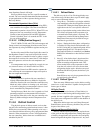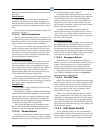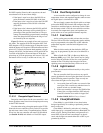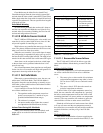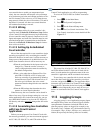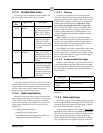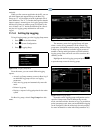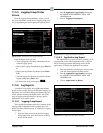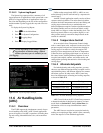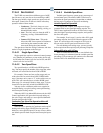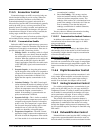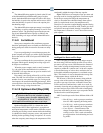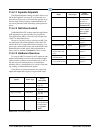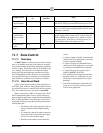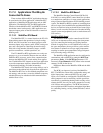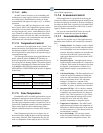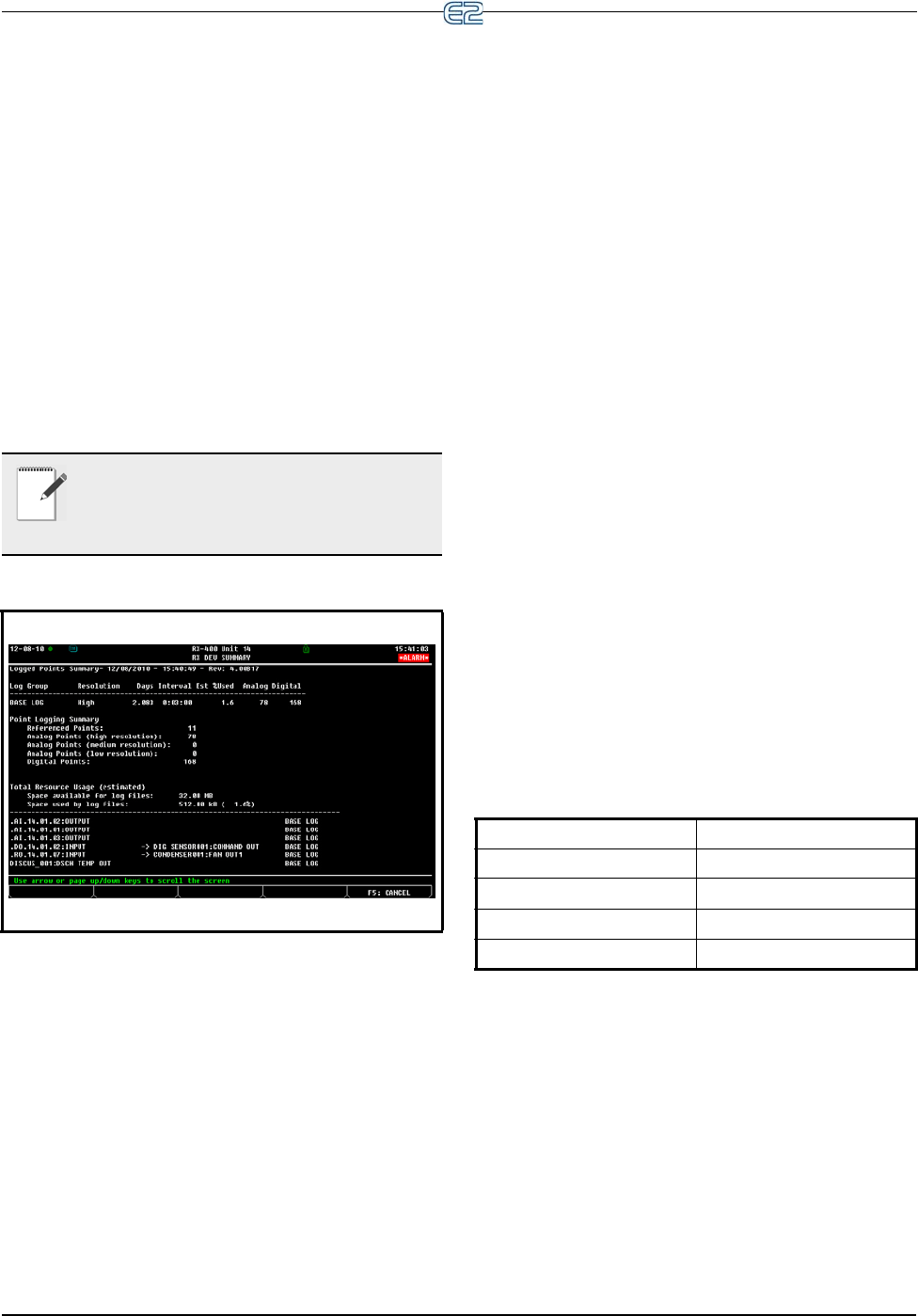
11-20 • E2 RX/BX/CX I&O Manual 026-1614 Rev 4 5-JAN-2013
11.5.6.3 System Log Report
The System Log report provides a summary of all
logged points for all applications in the system and a com-
plete list of logged points for all applications in the sys-
tem. Note that depending on the size of the configuration
and th
e number of points logged, this may take a few sec-
onds.
To display the System Log Report:
1. Press
for the Main Menu.
2. Press
for System Configuration.
3. Press
Logging Setup.
4. Press
Display Logged Points.
NOTE: Depending on the number of points
logged and the resolution setting, a limited
am
ount of memory space is available for one-
year logging.
Figure 11-14
- System Log Report Example
11.6 Air Handling Units
(AHU)
11.6.1 Overview
The E2 BX supports the simultaneous control of up to
six air handling units (AHU). AHU Control applications
govern all aspects of an AHU’s operations, including heat-
ing and cooling, dehumidification, fans, and economizer
cont
rol.
Unlike rooftop control units (RTUs), AHUs are con-
trolled directly by the E2 itself and not by a separate unit
con
trol board.
An AHU Control application actu
ally consists of three
separate control algorithms. The main control algorithm
monitors the indoor temperature and activates heating and
cooling stages when necessary to maintain the user-
defined temperature setpoint. Another algorithm monitors
the indoor humidity and uses a desiccant wheel or addi-
tional AHU cool stages to reduce the humidity level. The
th
ird loop controls either a two-position (digital) or vari-
able-position (analog) economizer damper based on the
ou
tside air conditions.
11.6.2 Temperature Control
In its most basic form, Temperature Control simply
reads a control input value, compares it to the active tem-
perature setpoint, and activates or
deactivates heating or
cooling stages in an effort to satisfy the setpoint. The
majority of user setup that must be done in Temperature
Control involves specifying which input is to be used as
the control source, defining different setpoints for use in
occupied, unoccupied, summer, and winter modes, and
setting up the operating characteristics of the heating and
cooling stages.
11.6.3 Alternate Setpoints
For both the heating and cooling setpoints, you may
choose to use different setpoints during occupied or unoc-
cupied building times, and dif
ferent setpoints for summer
and winter seasons. In other words, AHU Control may
have four different pairs of heating and cooling setpoints,
as shown in Table 11-9.
Table 11-9 - Possible Hea
ting/Cooling Setpoints
Cooling Heating
SUMMER COOL OCC SUMMER HEAT OCC
SUMMER COOL UOC SUMMER HEAT UOC
WINTER COOL OCC WINTER HEAT OCC
WINTER COOL UOC WINTER HEAT UOC
AHU Control looks at the E2’s Global Data parameters
to
determine whether it should run in summer or winter
mode. Refer to Section 10.17,
Set Up Global Data, for
information on how to set up summer/winter control
paramete
rs.
The AHU chooses occupied or unoccupied mode by
reading
an occupied state input, which is most commonly
tied to the output of a Time Schedule application.



